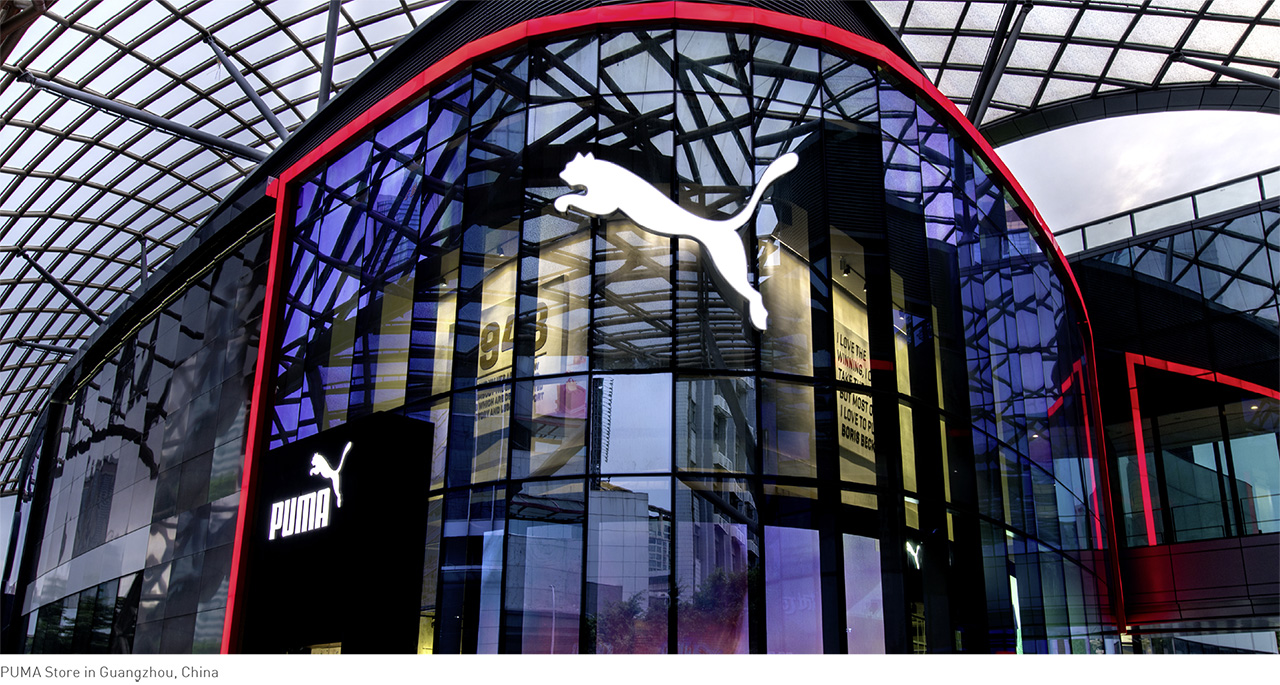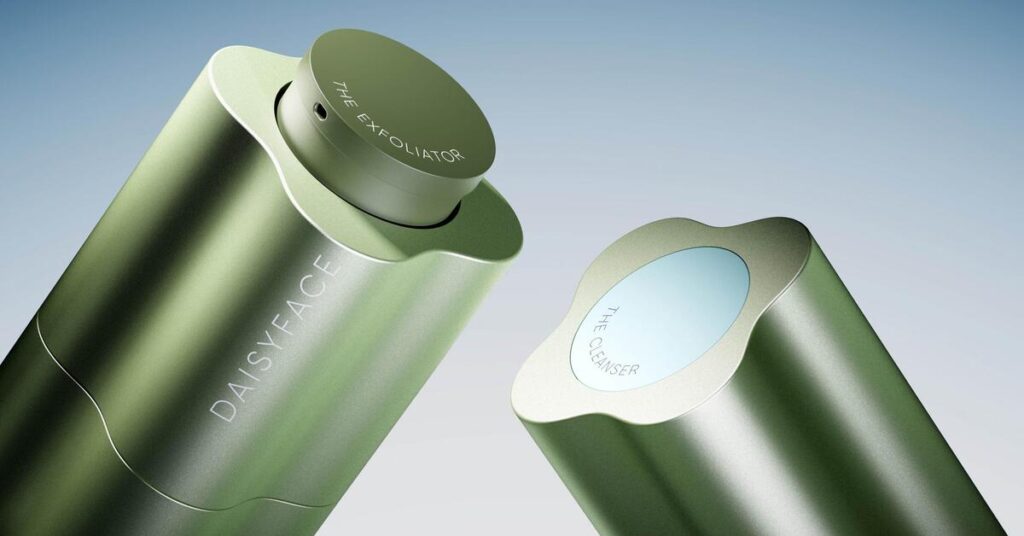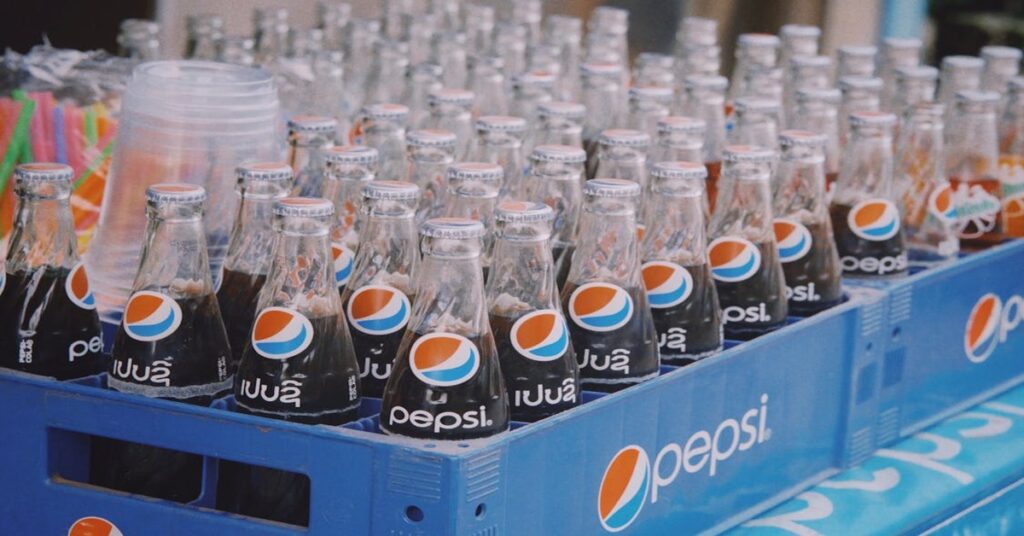Puma is slowly and steadily working on projects that are eco-friendly and sustainable. The sports and casual wear brand has “RE: SUEDE” biodegradable sneakers in the pipeline. Puma wants to create and scale a version of its most popular model SUEDE – it’s biodegradable.
As part of the project, participants have to wear the RE: SUEDE shoe for half a year, then send the pairs back to Puma. The company will relay the sneakers to industrial composting experts in The Netherlands, where they will see if the shoes can biodegrade within a controlled, industrial setting.
Heiko Desens, Global Creative Director at Puma, expressed excitement about receiving many more requests for the RE: SUEDE experiment than they had pairs available. He said this shows that there is a large interest in sustainability topics. “As part of the experiment, we will also gather feedback from participants about the comfort and durability of the sneakers, which will help us design future versions of the shoe, if the experiment is successful.”

The biodegradable sneaker is made with Zeology-tanned suede, a sustainable alternative to existing tanning agents that provides the suede with superior grain tightness, physical leather properties, lightfastness, and heat resistance. Puma also used biodegradable thermoplastic elastomers (TPE) and hemp fibers.
The test had a strict procedure. The shoes were shredded, mixed with other green household waste, and placed in a composting tunnel. They were sprayed with leaching water from earlier composting that contained nutrients and were naturally heated due to the biological activity and controlled air circulation in the tunnel.
This wasn’t an easy process as Puma had to wait about four months by which time the materials were small enough to pass through a sieve to be sold as Grade A compost for agricultural use. Anne-Laure Descours, Chief Sourcing Officer at Puma, said the company will continue to innovate with its partners to determine the infrastructure and technologies needed to make the process viable for a commercial version of the RE: SUEDE, including a takeback scheme in 2024.
Puma said while all the materials can decompose, the sole required more pre-processing and additional time in the composting tunnel to completely break down.
Also Read: Have You Seen the Price Tag of Louis Vuitton the ‘Millionaire Speedy’?



